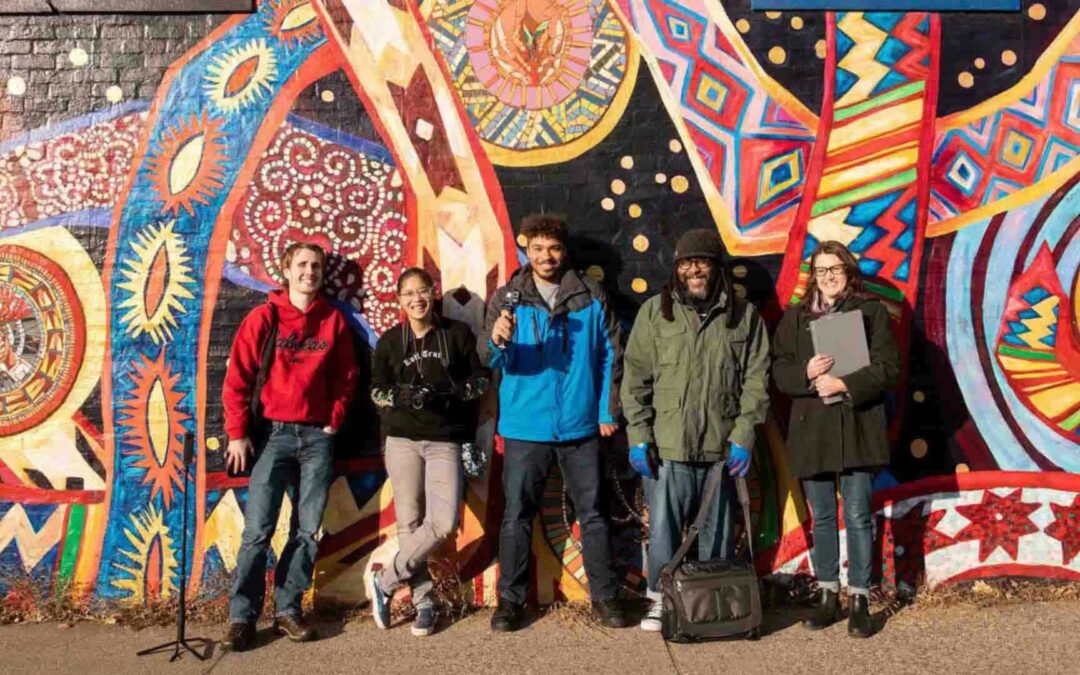Understanding and respecting the cultural norms and customs of your host country is essential for a positive and enriching experience while studying abroad. Here are some general guidelines on how to approach this:
Research and Learn:
– Read about the history, traditions, and cultural practices of the host country. Understanding the cultural context will help you adapt and avoid unintentional misunderstandings.
Respect Local Traditions:
– Respect local customs, traditions, and social norms. Learn about appropriate dress codes, greetings, and behaviors in public spaces, religious sites, and social gatherings.
Learn Basic Language Phrases:
– Familiarize yourself with common greetings, expressions of gratitude, and polite phrases in the local language. Locals appreciate your efforts to communicate in their language.
Observation and Adaptation:
– Observe how locals interact, communicate, and behave in various situations. Adapt your behavior and responses accordingly to align with their cultural norms.
Etiquette and Behavior:
– Learn about table manners, gift-giving customs, and appropriate behavior in social settings. Understanding how to conduct yourself will help you integrate better into the local community.
Punctuality:
– Be punctual for meetings, classes, and appointments. Punctuality is often highly valued in many cultures and demonstrates respect for others’ time.
Respect Religious Practices:
– Understand the predominant religions in the host country and respect religious practices and observances. Learn about religious holidays and their significance.
Gender Norms:
– Be aware of gender roles and expectations in the host country. Respect these norms while interacting with others and dress modestly in accordance with local customs.
Ask for Guidance:
– Don’t hesitate to ask for advice or guidance from locals, university staff, or cultural advisors regarding appropriate behavior in various situations.
Stay Open-Minded:
– Keep an open mind and be willing to learn and adapt. Embrace the opportunity to experience a new culture and broaden your perspective.
Engage in Cultural Activities:
– Participate in cultural events, festivals, and activities organized by the university or local communities. This will provide valuable insights into the host culture.
Show Gratitude:
– Express appreciation and gratitude when appropriate. Small gestures like saying “thank you” can go a long way in demonstrating respect and courtesy.
Approaching a new culture with curiosity, humility, and respect will help you integrate into the community and build meaningful relationships during your time abroad.

